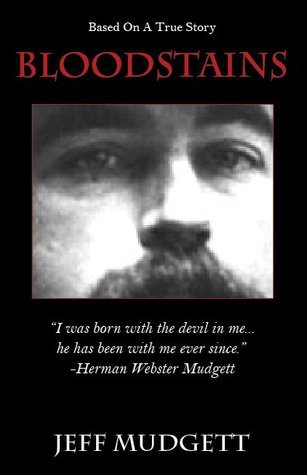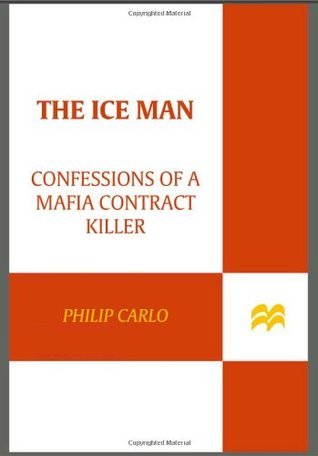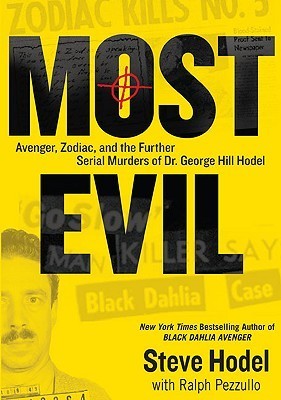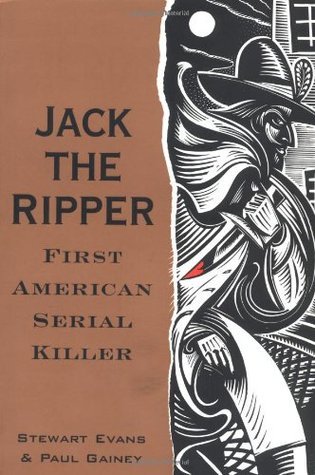
Bloodstains
Book Description
A chilling legacy of darkness and deception lurks beneath the surface, where bloodlines entwine with unspeakable horrors. In "Bloodstains," Jeff Mudgett unravels a harrowing tale of ancestral secrets that refuses to stay buried. As generations grapple with the haunting shadows of their past, suspicions rise, and trust fractures in unexpected ways. Mudgett weaves a gripping narrative of family, betrayal, and the relentless pursuit of truth—each revelation more shocking than the last. Can the living escape the sins of the dead, or will the past claim them in its merciless grasp? What will it take to break the cycle of bloodshed?
Quick Book Summary
"Bloodstains" by Jeff Mudgett is a chilling true crime memoir that interweaves personal family history with one of the darkest legends in American crime. As Mudgett delves into his ancestry, he uncovers the shocking revelation that he is the great-great-grandson of H.H. Holmes, America's first known serial killer. The book chronicles Mudgett's relentless quest to piece together historical evidence and his own unsettling memories, blurring the lines between the scientific and the supernatural. With each disturbing discovery, he confronts not only the horrors committed by Holmes but also the potential taint lingering in his own bloodline. Throughout, Mudgett grapples with legacy, identity, and the question of whether evil can be inherited, creating a narrative that is at once a detective story, a family reckoning, and a meditation on the darkness within us all.
Summary of Key Ideas
Table of Contents
Legacy of Evil and Ancestral Burden
The story begins with Jeff Mudgett's discovery that he is directly descended from H.H. Holmes, infamous for his gruesome crimes during the 1893 Chicago World's Fair. Mudgett shares the profound shock and denial he felt upon learning this family secret, setting the stage for his journey into ancestral darkness. His pursuit is not simply genealogical curiosity; it's driven by an uneasy sense of personal connection and the fear that Holmes's monstrous tendencies might have left a mark on his descendants.
Unraveling Generational Secrets
As Mudgett digs deeper into family lore and public records, the narrative oscillates between historical investigation and Mudgett’s unsettling personal experiences. He recounts investigating Holmes’s crimes, sifting through trial transcripts, and interviewing experts, all while grappling with eerie dreams, memories, and a growing suspicion that Holmes’s evil may have psychological or even supernatural echoes in his own life. The distinction between cold fact and haunting intuition blurs, thrusting Mudgett deeper into the web of generational guilt.
Interplay of Fact and Supernatural Fear
Throughout his journey, Mudgett confronts the way his family's dark history shapes his own sense of identity. He describes a growing internal crisis: does knowing he is related to Holmes change who he is, or was destined to become? Scenes of personal introspection are punctuated by moments of paranoia and self-doubt as he suspects an inescapable, inherited darkness. The book ultimately examines how confronting buried truths can tear apart one's self-image and family relationships, while also offering the possibility of self-determination and liberation.
Personal Identity and Confrontation with Truth
Mudgett also explores the broader implications of his discoveries on his family and those around him. Trust is strained as Mudgett shares his findings, and not all relatives are supportive of his quest. Personal relationships are tested, and the ripple effects of revealing such a horrific legacy become painfully clear. The narrative addresses the question of whether ignorance is bliss or if the pursuit of truth is a necessary—albeit dangerous—path toward healing.
Consequences of Uncovering the Past
"Bloodstains" closes by reflecting on the collective human fascination with evil, the persistence of generational trauma, and the ethical responsibilities that come with uncovering and telling a story rooted in horror. Mudgett does not offer simple answers but instead underscores the enduring tension between confronting and escaping the past. The reader is left to ponder whether evil is truly a matter of blood, choice, or circumstance, and how one man's confrontation with his legacy can spark a broader exploration of humanity's darkest corners.
Download This Summary
Get a free PDF of this summary instantly — no email required.





